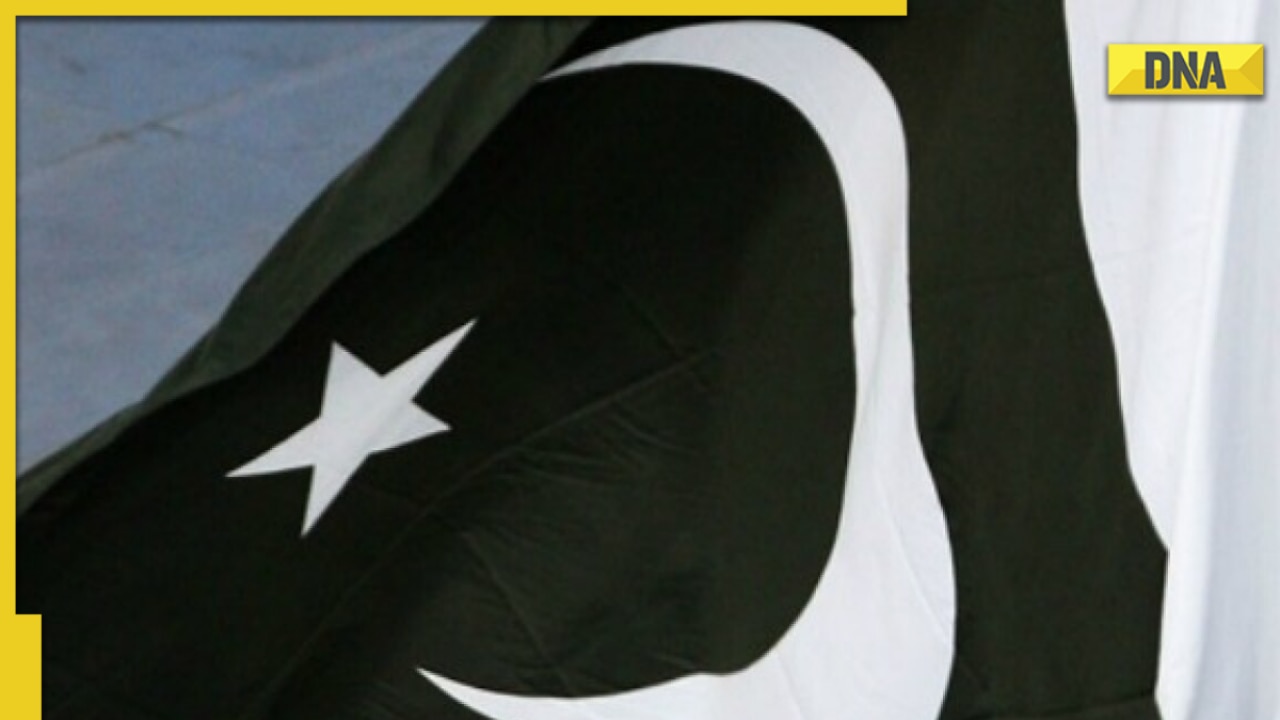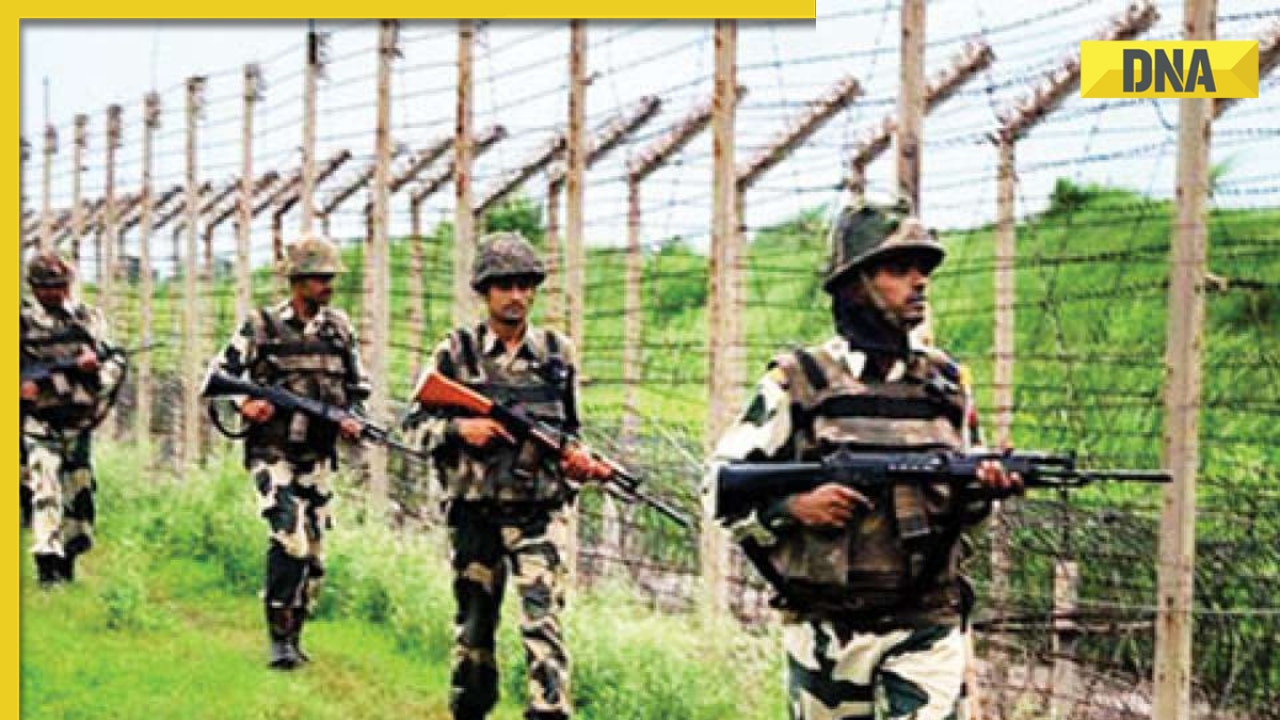UN report finds ‘strong and symbiotic’ links between Afghan Taliban, TTP
Tahir Khan Published June 11, 2023
The link between the Afghan Taliban and proscribed militant outfits Al-Qaeda and Tehreek-i-Taliban Pakistan (TTP) remains “strong and symbiotic”, a report published by the United Nations (UN) said.
The fourteenth report of the Analytical Support and Sanctions Monitoring Team of the UN Security Council’s 1988 Taliban Sanctions Committee — released on Friday — noted that a “range of terrorist groups has greater freedom of manoeuvre under the Taliban de facto authorities”.
“They are making good use of this, and the threat of terrorism is rising in both Afghanistan and the region,” the report read, a copy of which is available with Dawn.com.
“While they have sought to reduce the profile of these groups and conducted maintaining links to numerous terrorist entities, the Taliban have lobbied member states for counter-terrorism assistance in its fight against the Islamic State of Iraq and the Levant – Khorasan Province (ISIL-K), which it perceives as its principal rival.”
The report said that the Taliban forces have conducted operations against ISIL-K, in general, but they have not delivered on the counter-terrorism provisions under the Agreement for Bringing Peace to Afghanistan between the United States of America and the Taliban.
“There are indications that Al-Qaeda is rebuilding operational capability, that TTP is launching attacks into Pakistan with support from the Taliban, that groups of foreign terrorist fighters are projecting threat across Afghanistan’s borders and that the operations of ISIL-K are becoming more sophisticated and lethal (if not more numerous),” it added.
However, the Afghan Taliban dismissed the report and called it “full of prejudice”.
“The Islamic Emirate of Afghanistan considers the continuation of UN Security Council sanctions and such reports as full of prejudice and in conflict with the principles of independence and non-interference, and calls for an end to it,” Taliban government spokesman Zabihullah Mujahid said in a statement today.
Mujahid called the accusations “baseless” and a result of “obvious hostility” with the people of Afghanistan as well as repetition of the “baseless propaganda” of the past 20 years.
“We strongly reject the assessment of this report that the Islamic Emirate is helping the opponents of neighbouring and regional countries or using the territory of Afghanistan against other countries, from the content of this report”.
The Taliban spokesman said it seemed that either the UNSC’s authors did not have access to the information or they “deliberately distorted” the facts or the source of their information was the Islamic Emirate’s fugitive opponents.
“The Islamic Emirate of Afghanistan insists on its commitments and assures that there is no threat from the territory of Afghanistan to the region, neighbours and countries of the world and it does not allow anyone to use its territory against others,” Mujahid added.
Pakistan’s stance
Pakistani security officials have long been saying that the TTP and other anti-Pakistan armed groups operate from Afghan soil.
The Taliban government hosted peace talks between the TTP and Pakistani security officials to put an end to the violence in Pakistan. However, the talks collapsed last year over tough conditions from both sides.
Defence Minister Khawaja Asif led a high-powered delegation in talks with senior Taliban leaders in Kabul in February with a single-point agenda to take action against the TTP.
There have been no cross-border attacks from the Afghan side for months, however, there has been a spike in the TTP attacks since the group ended a ceasefire in November.
The government has also stopped talks with the TTP and launched intelligence-based operations against the group, mainly in Khyber Pakhtunkhwa.
New Delhi

An armed Talib guarding a security checkpoint in Kabul | Representative Photograph:(Reuters)
The United Nation Security Council's Analytical Support and Sanctions Monitoring Team submitted its 14th annual report about the Taliban’s impact on the security situation in Afghanistan this month, in which it accused the regime of reverting to its "autocratic" policies of the late 1990s.
The connection between the Taliban, Al-Qaeda, and Tehrik-e-Taliban Pakistan (TTP) remains strong and mutually beneficial for all the parties involved with the Taliban as current rulers of Afghanistan acting as the nucleus of the entire set-up harbouring terror activities, a latest UN report has indicated.
The report highlights that terrorist groups are now able to freely operate under the Taliban's authority in Afghanistan, posing a significant threat of terrorism in the country and the wider region.
The report further describes that the Taliban's relationship with Al-Qaeda and TTP remains robust and symbiotic, enabling other terrorist groups to operate more freely under the Taliban's rule except for the ones that it sees as its rival.
The UNSC’s Analytical Support and Sanctions Monitoring Team submitted its 14th annual report about the Taliban’s impact on the security situation in Afghanistan this month, in which it accused the regime of reverting to its "autocratic" policies of the late 1990s.
Taliban is allowing Afghanistan to be used for attack against other nations
Contrary to the Taliban's promises and subsequent claims of not allowing Afghan soil to be used for attacks against other countries, the report reveals that they have been harboring and actively supporting the Tehreek-e-Taliban Pakistan (TTP).
In another contradiction, while the Taliban maintains ties with various terrorist entities, it has sought counter-terrorism assistance from member states in its fight against the Islamic State of Iraq and the Levant – Khorasan Province (ISIL-K), which it considers its primary rival.
“The Taliban leadership shows no signs of bending to pressure for reform or compromise, in the hope of earning international political recognition,” the report said, adding that Taliban chief Hibatullah Akhundzada has been “proudly resistant” to external pressure to moderate his policies.
Taliban is not honoring Doha agreement: UN report
The Taliban has failed to fulfill its counter-terrorism obligations as outlined in the Agreement for Bringing Peace to Afghanistan between the United States and the Taliban, the UN report said.
What does the Taliban in Afghanistan mean for Pakistan?
Unlike the popular optics of August 201 showing Pakistani establishment mingling with Taliban as an apparent mark of US’ departure from the region, the snakes Islamabad has fed for decades have come to bite Pakistan itself.
The report underscores that the tight bond between the Afghan Taliban and TTP, similar to their relationship with Al-Qaeda, is unlikely to dissipate. This situation puts Pakistan to the test and raises the risk of heightened violence on both sides of the border.
Taliban shows no signs of reform
The report, the first to cover the entirety of the Taliban's period in power, indicates that the Taliban leadership shows no intention of reform or compromise to gain international political recognition. With no significant political opposition, the Taliban's unchecked authority has allowed foreign terrorist fighters sheltered by the group to become an increasingly significant security threat to neighboring countries.
Taliban, Al-Qaeda ties: Afghanistan a safe haven for terror
While the killing of Al-Qaeda leader Aiman al-Zawahiri in a Kabul house connected to Taliban's acting Interior Minister, Sirajuddin Haqqani, did lead to a sense of distrust among its members, according to the latest UN report, Afghanistan continues to be a safe haven for Al-Qaeda.
Al-Qaeda aims to strengthen its position in Afghanistan and has been collaborating with the Taliban, supporting the regime, and safeguarding senior Taliban figures.
Al-Qaeda maintains a low profile, utilising the country as an ideological and logistical hub for mobilisation, recruitment, and covertly rebuilding external operational capabilities. Al-Qaeda finances its activities through core funding and donations, including the use of hawala services and cryptocurrencies.
ISIL-K 'most serious terrorist threat'
ISIL-K has been identified as the most serious current terrorist threat in Afghanistan, neighboring countries, and Central Asia, according to member states.
Also read | Exclusive: 'Why is the world neglecting Afghan women?'
The group has enhanced its operational capabilities and freedom of movement within Afghanistan, aiming to sustain a high pace of mostly low-impact attacks while sporadically executing high-impact actions to incite sectarian conflicts and destabilise the region in the medium to long term.
Over the past year, ISIL-K has claimed responsibility for more than 190 suicide bomb attacks targeting major cities, resulting in the death or injury of approximately 1,300 people.
Taliban rule in Afghanistan so far
Barely a month after coming to power, the Taliban banned girls from secondary education in September 2021.
On December 21, 2022, the Taliban banned women from attending universities.
WION first reported in January 2023 when the Taliban-ruled in Balkh province that male doctors can no longer treat female patients.
The Taliban stormed to power virtually unchallenged after the withdrawal of US-led forces from the country in the first week of August 2021. The regime has not received international recognition especially due to its imposition of anti-women decrees.













